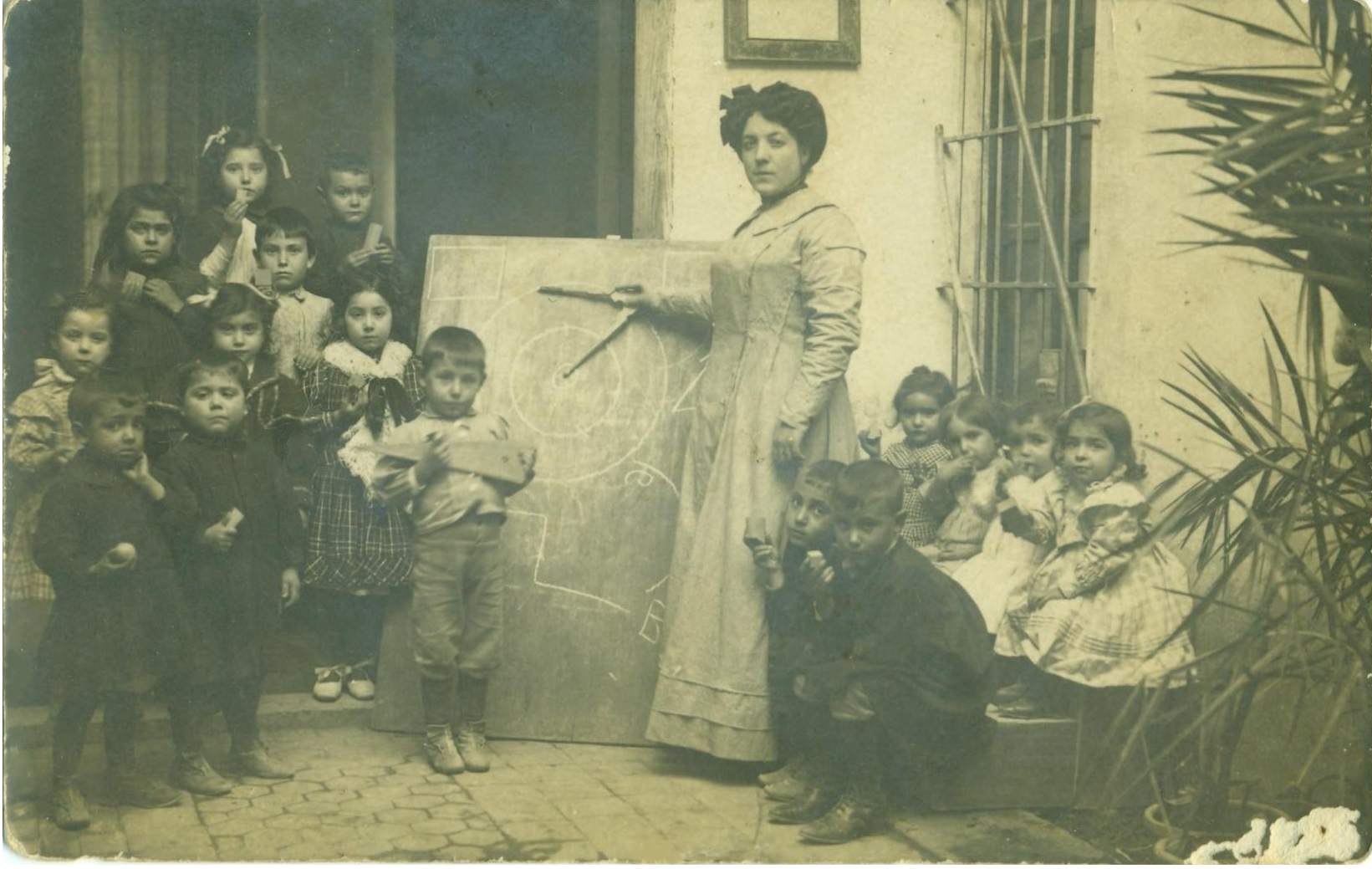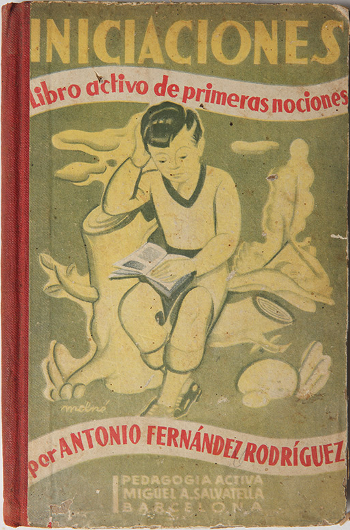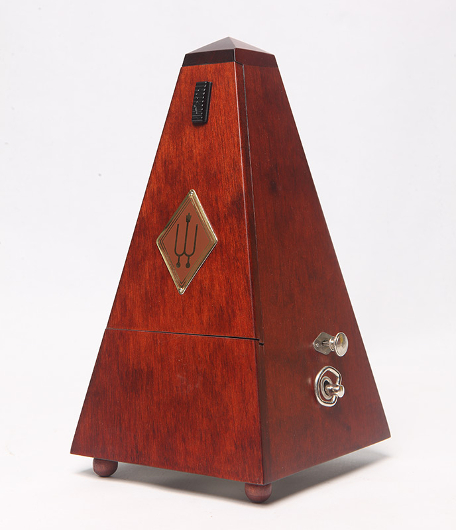
On 1867-1868 academic year it was belatedly inaugurated the Women’s Normal School of Valencia with 38 students enrolled to study for being elementary school teachers, under the auspices of a teaching staff formed by five professors and chaired by Mrs. Josefa Ágreda Muñoz, its first director.
Also with much delay, on 28 July 1842, 175 years ago, the project for the creation of the Normal School of Valencia, with the corresponding budget, was sent to the Ministry of Interior. This was the Men’s one, whose first 58 students started the academic year on Monday 1 April 1845, 22 years before a single Valencian woman could obtain the title of teacher in her own city.
Since the creation of the two Normal Schools, 150 and 175 years ago, the Universitat de València has always been closely linked to these institutions and their task, the training of teachers for our schools, reaching the point in which nowadays its Faculty of Teaching is one that welcomes more students of our university.

Barcelona, Miguel A. Salvatella, 1937, tercera edición
The visitor can find in the exhibition we present a reflective look at the contexts, processes and resources that have contributed to the historical development of our primary school.
Above all, it aims at showing a social construction of more than two hundred years, turned into a state issue and made up of many promises, persistent delays, numerous insufficiencies, too many failures... but also of commendable demands, efforts, alternatives, progress; a history defined by rhetorical discourses and consistent discourses; lived, in all its complexity, with emotion, gratitude, or perhaps with indifference, rejection or dissatisfaction. It is the history of our school spaces and times, their protagonists, their realities; of those children, their teachers, their tasks, their books and notebooks, their games, learning of all kinds, forms of socialisation...

Some themes are central to this journey: the evolution of the schooling process, the signs of inequality and discrimination in it, the transition from the old corporatism to the institutionalisation of teacher training, changes in this aspect that lead from a culturalist or encyclopedic model to a more professional one, the paths of pedagogical evolution from the traditional school to modernity, the itinerary from pedagogical optimism to the social commitment of school and teaching workers.
But along with all this there is a different dimension, which has also propelled this project, now become reality; a double component based on feeling and thinking. The exhibition has a lot of homage and vindication: to the public school, to the teaching profession. A homage that recalls difficulties and inadequacies, respects dedications and struggles, and forces us now and here.













